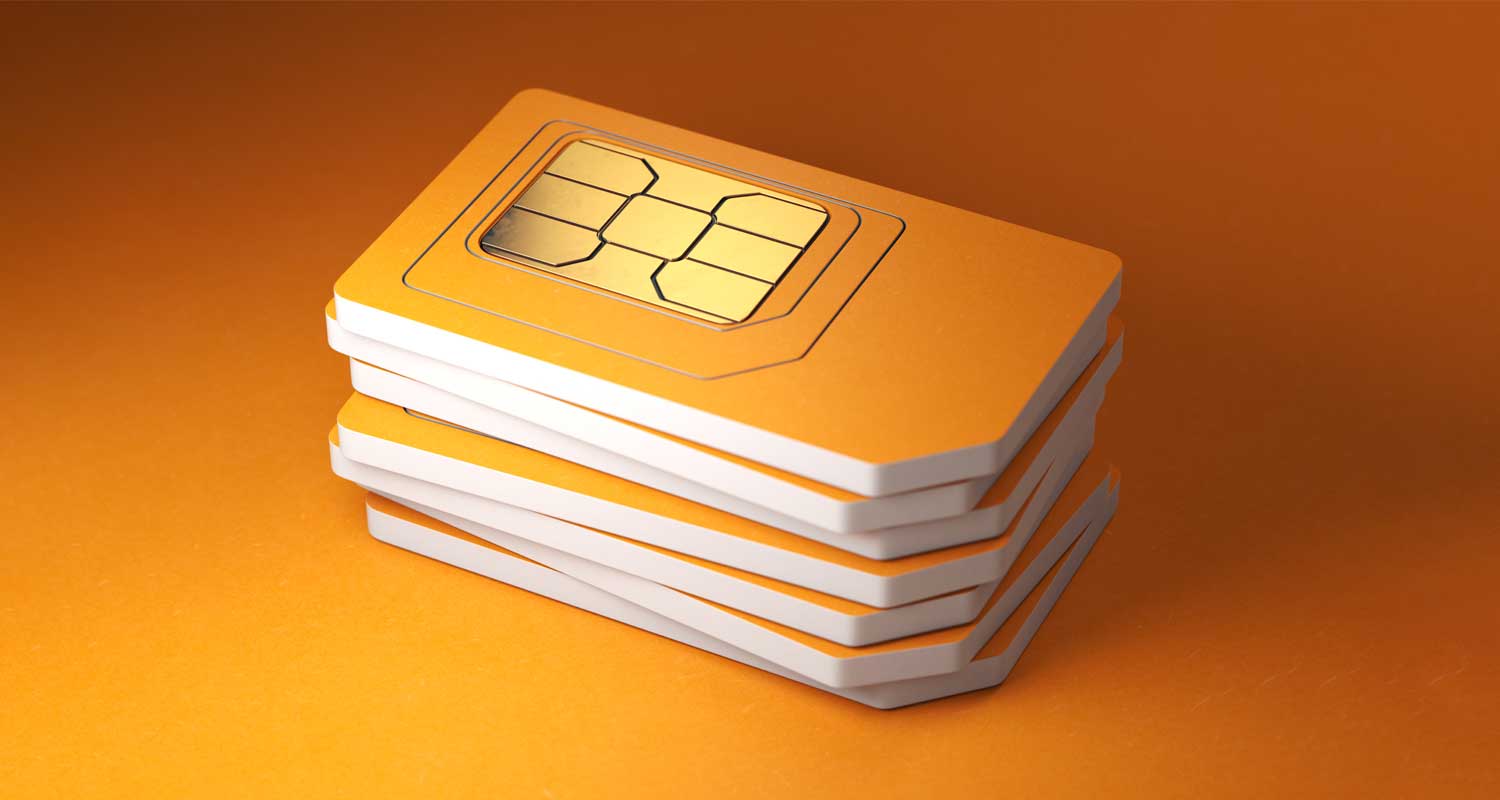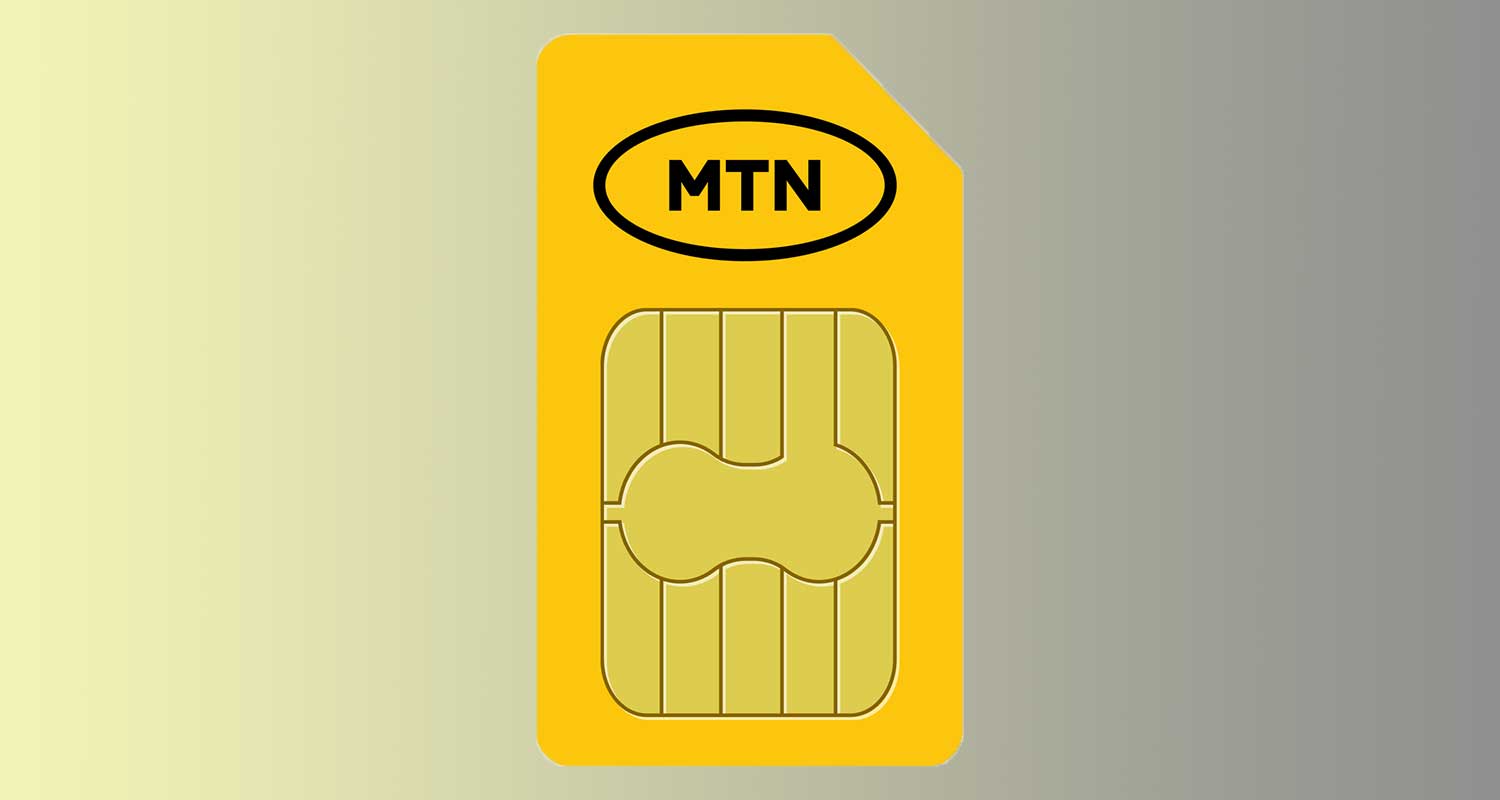
 I needed a new Sim card the other day to create a Wi-Fi hotspot for use in my car – to connect a couple of dashcams to the Internet and provide in-vehicle connectivity.
I needed a new Sim card the other day to create a Wi-Fi hotspot for use in my car – to connect a couple of dashcams to the Internet and provide in-vehicle connectivity.
MTN has a feature in its smartphone app called DataShare – I’m sure the other networks have similar offerings – that allows you to share your primary data allocation with another MTN number, so I decided to use this for the in-car Wi-Fi I was setting up.
All I needed to do was buy another MTN Sim, have it registered under the clumsily named Regulation of Interception of Communications and Provision of Communication-related Information Act (better known, not surprisingly, as Rica) and pop it into a pocket Wi-Fi router connected to a USB port in my car.
How could that be possible? Who had Rica’d this Sim, and why? Was I exposing myself to risk by using it?
So, off I trundled to a small cellular trading store near my office – you know the ones that sell cellphone covers and electronic paraphernalia – and bought an MTN Sim. I paid R10 in cash for it, thought nothing more about it, and went back to work.
Later, when I tried to have the Sim Rica’d by popping it into a smartphone and using the MTN app, I was informed that it had already been Rica’d. And, after setting up DataShare, I was able to connect to the Internet. No Rica – which involves sending proof of address and ID details – required! Marvellous!
Except, how could that be possible? Who had Rica’d this Sim, and why? Was I exposing myself to risk by using it? And surely the fact that it had already been through a Rica process defeated the very purpose of the legislation, which is to stamp out crime committed using mobile phones – or at least to give the police more ammunition to go after the bad guys.
Fight against crime
I’m no fan of the Rica process (it’s clumsy and open to abuse), but it can be a powerful tool in the fight against crime. However, if Sim cards are being sold that have already been through the Rica process, what’s the point? Are law-abiding citizens wasting their time if already-Rica’d Sims are available at the point of sale? Does this not undermine the integrity the entire Sim registration process in South Africa?
I had questions, and I needed answers. So, I approached MTN South Africa for comment and insight into what had happened, supplying them with the phone number of the Sim card in question.
Firstly, MTN made it clear in its reply that it is illegal to sell a Sim card in South Africa without having followed the “necessary processes” under Rica to link the Sim to the person buying it. It said it will pursue action against the agent who registered the Sim card.
“MTN has determined the name of agent that registered the Sim in question, as well as the date and the partner agent responsible. An investigation into the action that led to the selling of this Sim card by the agent is now under way and will determine the necessary actions, in line with the contractual and legal obligations, that will need to be taken,” it said. The company didn’t name of the agent in its reply to my questions.
 Explaining further what happened, MTN said:
Explaining further what happened, MTN said:
MTN South Africa, like other mobile operators, has Rica agency agreements in place with third-party agents. These third-party agents conduct the bulk of Rica registrations on behalf of MTN South Africa. These agreements dictate the processes to be followed to ensure full compliance with the relevant Rica laws. In this regard, the agents are contractually and legally bound to ensure that proper Rica registrations are done, which requires linking a specific Sim card to a specific individual.
The selling of a ‘pre-Rica’d’ Sim, or to be in the possession of a Sim card that is not registered under the correct individual name of the user, is considered identity fraud. South African law places a responsibility on the purchaser of the Sim card, in terms of section 40 of the Rica Act, to have the Sim registered in his or her name and a failure to do so makes the purchaser liable to a contravention of the provisions of section 40.
Anyone receiving a ‘pre-Rica’d’ Sim that has been illegally supplied, without having been appropriately personalised in line with Rica legislation, should urgently call the MTN 135 call centre to report the matter. The MTN consultant will log a request through to the fraud department, following which an investigation will be undertaken into the origin of the Sim card, to confirm the fraudulent activity or the inappropriate registration thereof.
MTN said it “remains committed to upholding the integrity of the Sim registration process and will continue to pursue ongoing initiatives to streamline and improve the process in the interests of all stakeholders”.
“MTN remains a responsible corporate citizen ensuring strict compliance with all applicable legal and regulatory requirements. Sim registration, in line with Rica, is a critical priority on our risk and compliance agenda, and compliance by MTN and our partners is a non-negotiable,” it said.
Validation
“MTN continues to work with the department of home affairs and state security agencies to ensure that information captured on our Rica systems is validated and reliable in line with information contained on state-owned citizen registries.”
The network operator said it would be in contact soon to ensure the Sim card I bought is correctly registered under my name in terms of the Rica legislation. Fine, but there are still many worrying questions that need answering, including how widespread this illegal activity is in the industry and what it means for effective law enforcement and the fight against crime. – © 2023 NewsCentral Media
- The author, Duncan McLeod, is editor of TechCentral
Get TechCentral’s daily newsletter











Comments